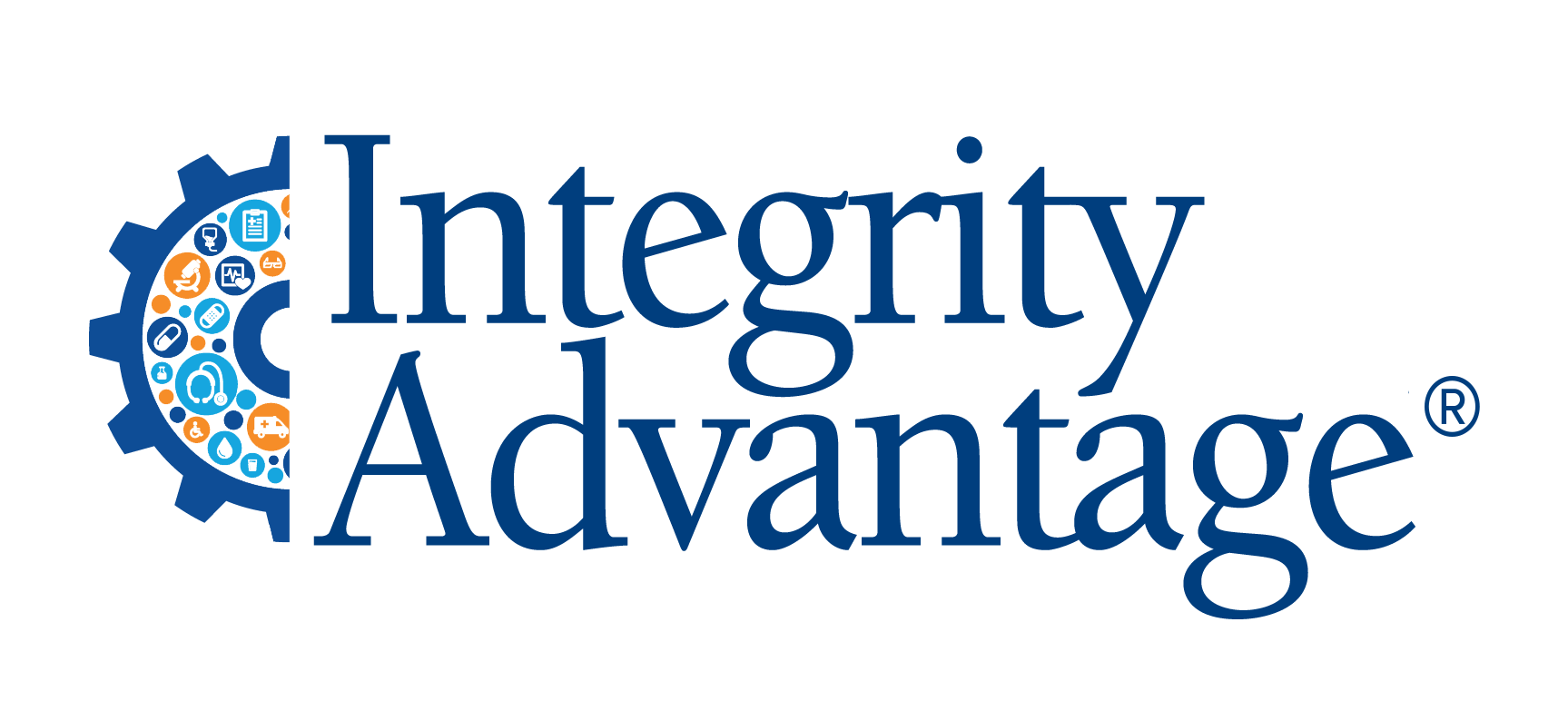Download to PDF
(Includes Bonus Court Cases)
There are many publications that support statistical sampling. This reference sheet details 6 key sources that contain guidance and helpful information on this topic.
1. Medicare Program Integrity Manual (PIM) – Chapter 8: Administrative Actions and Sanctions and Statistical Sampling for Overpayment Estimation
The Medicare Program Integrity Manual Chapter 8 provides guidance on statistical sampling for overpayment estimation in Medicare audits. It outlines procedures for conducting statistical sampling, calculating estimated overpayments, and implementing administrative actions like payment suspensions based on sampling results. The manual serves as a key resource for Medicare contractors and auditors in using statistical sampling methods to identify and recover potential overpayments from healthcare providers.
2. Office of Inspector General’s (OIG) Health Care Fraud Self-Disclosure Protocol
The OIG's Health Care Fraud Self-Disclosure Protocol supports statistical sampling for estimating damages in cases of improper claims submitted to Federal health care programs. It allows disclosing parties to use a statistically valid random sample to project damages to the entire population of affected claims, as an alternative to reviewing all claims.
3. Health Care Financing Administration (HCFA) Ruling No. 86-1: Use of Statistical Sampling to Project Overpayments to Medicare Providers and Suppliers
From the Department of Health and Human Services: Health Care Financing Administration (HCFA), this ruling states that HCFA and its Medicare contractors may use statistical sampling to project overpayments to providers and suppliers when claims are voluminous and reflect a pattern of erroneous billing or overutilization and when a case-by-case review is not administratively feasible.
4. H.R.1. – Medicare Prescription Drug, Improvement, and Modernization Act of 2003
This law requires the establishment of a standard methodology for Medicare contractors to use in selecting a sample of claims for review in during post-payment audits.
5. OIG Toolkit - Statistical Sampling: A Toolkit for MFCUs
The Office of the Inspector General (OIG) State Medicaid Fraud Control Units (MFCU) launched a toolkit for Statistical Sampling. The purpose of this toolkit is to serve as a practical training guide to help MFCUs design effective statistical samples.
6. CMS 4185 F2 – Final Rule
This final rule from the Department of Health and Human Services codifies in regulation that, as part of the Medicare Advantage Risk Adjustment Data Validation (RADV) audit methodology, CMS will extrapolate RADV audit findings beginning with payment year (PY) 2018. The resources states, we are not adopting any specific sampling or extrapolated audit methodology, but will rely on any statistically valid method for sampling and extrapolation that is determined to be well-suited to a particular audit.
Statistical sampling has become a critical tool in identifying and addressing healthcare fraud and overpayments in federal and commercial programs. The government supports using statistical sampling for overpayment estimation and these methodologies have been further reinforced by legislation.
For questions or guidance surrounding statistical sampling, contact Integrity Advantage at info@integrityadvantage.com.
With more than 30 years of experience supporting payers, Integrity Advantage provides healthcare fraud, waste and abuse consulting, outsourced investigations and medical record reviews for Special Investigations Units and other organizations fighting healthcare fraud. We are a certified Women’s Business Enterprise (WBE) and an Economically Disadvantaged Woman Owned Small Business (EDWOSB).
For more information click below, call us at 866-644-7799 or email info@integrityadvantage.com.

